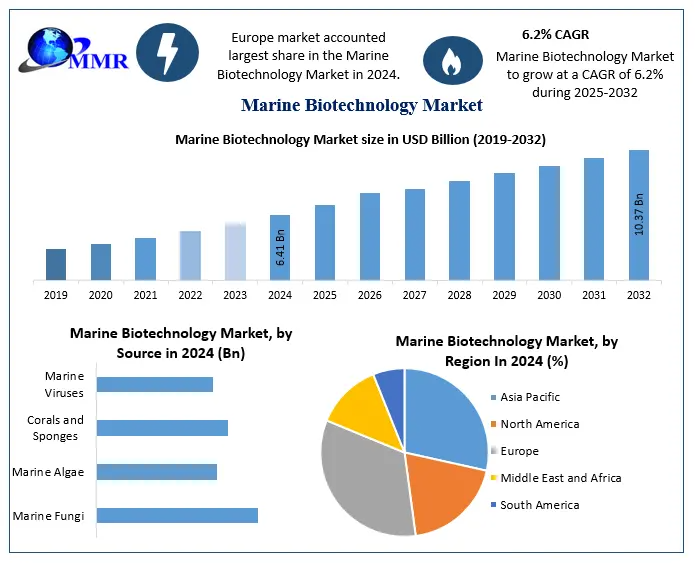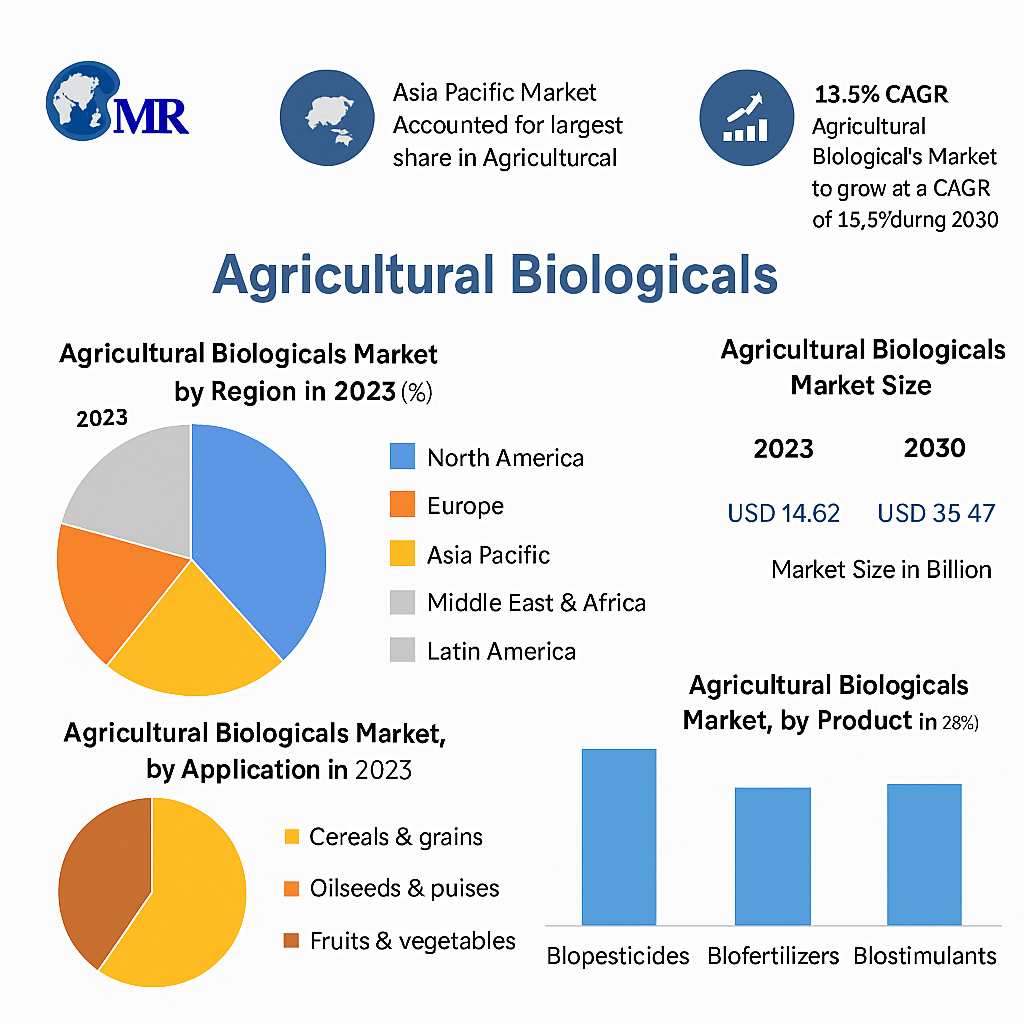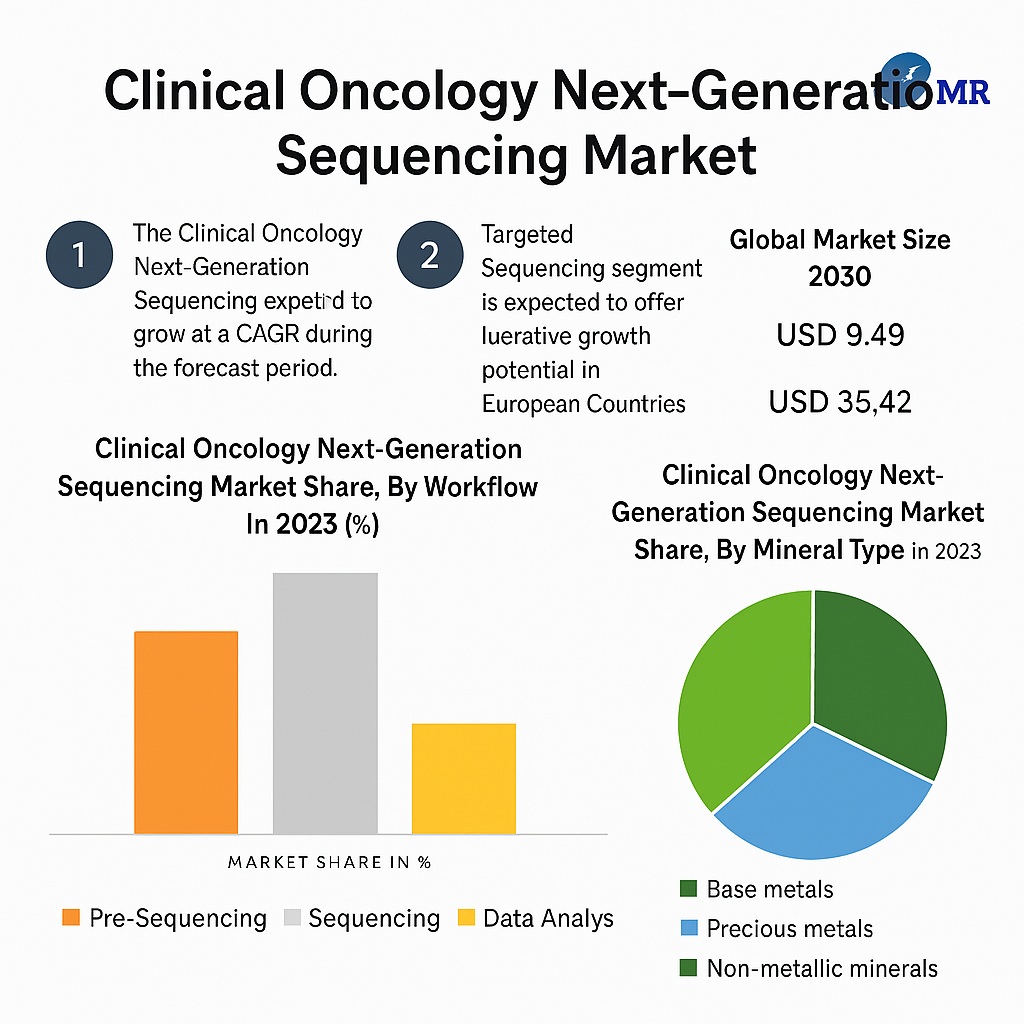Marine Biotechnology Market Estimated at USD 6.41 B by 2024, Poised to Reach ~USD 10.4 B by 2032; Fueled by Healthcare, Energy & Sustainable Industry Demands
The Marine Biotechnology Market was valued at approximately USD 6.41 billion in 2024 and is projected to reach USD 10.37 billion by 2032, registering a CAGR of 6.2% during 2025–2032. This surge is primarily driven by growing demand for marine-derived pharmaceuticals, nutraceuticals, biofuels, and eco-conscious industrial solutions .
Market Growth Drivers & Opportunities
Marine biotechnology is riding a multi-industry wave:
-
Pharmaceutical & nutraceutical boom—Rising demand for marine bioactives used in omega‑3 supplements, antivirals, and bioactive compounds is pushing R&D and commercialization .
-
Cosmetics & personal care revolution—Biotech firms harness marine enzymes and algae for sustainable, high-potency ingredients in skincare and beauty .
-
Environmental & energy innovation—Marine microalgae for biofuels and CO₂ capture, plus microbial approaches for enhanced oil recovery, are forming a low-carbon bioproducts frontier .
-
Aquaculture & fisheries enhancement—Biotechnologies optimize breeding, disease-resistance, and feed sustainability in seafood production—critical for global food security .
-
Public-private R&D investments—Government grants and industry partnerships in North America, Europe, and Asia-Pacific are accelerating technological innovation .
Segmentation Analysis
Based on the provided report:
By Source, the market is segmented into:
Marine fungi, marine algae, corals & sponges, marine viruses, and others. Algae dominate, thanks to their rich bioactive and biofuel potential .
By Application, marine biotechnology spans aquaculture & fishery, medicine, environmental solutions, biofuels, and other emerging uses—reflecting a broad industrial footprint .
By End‑User, the key verticals include medical & pharmaceutical, food, cosmetics, chemical industry, and other industrial users—underscoring diverse commercial applications .
Get a Sample PDF Brochure: https://www.maximizemarketresearch.com/request-sample/21939/
Country-Level Analysis
United States: The U.S. market was around USD 1.95 B in 2023 and will likely reach USD 4.28 B by 2034, driven by marine-derived pharmaceuticals, nutraceuticals, algal proteins, and bioplastic initiatives such as DOE-funded seaweed bioplastic R&D .
Germany: As Europe’s innovation hub, Germany benefits from strong public R&D support. For instance, Bluu Biosciences secured €7 M in 2021 to develop cell-cultured fish products—pointing to advanced bio-manufacturing trends . (Note: multiple sources confirm EU investment.)
China: With expanding aquaculture output and investments in marine bioresources and cosmeceuticals, China underscores APAC’s fastest-growing market using biotech-based solutions in environmental health and energy .
India: Centered on marine bioprospecting through institutes like CMFRI, India has launched nutraceutical seaweed extracts targeting diabetes and lifestyle illnesses, and RT-based diagnostic tools for aquaculture health control .
Brazil: The South American market thrives on biodiversity assets. Biotech is used to develop fish pathogen diagnostics and support massive aquaculture, bio-remediation, and circular-economy biotech applications .
Japan: Coordinated global efforts in algae cultivation and coral cellular research (e.g., stable coral cell lines in 2021) demonstrate Japan’s innovation edge in environmental and pharmaceutical marine biotech .
Competitor Analysis
Key players cited include Aker BioMarine, BASF SE, Biotech Marine, Cyanotech, Marinova, PharmaMar, Lonza, CP Kelco, Royal DSM, New England Biolabs, and others .
Top 5 by market share:
-
Cyanotech Corporation – Leading algae-derived nutraceuticals (e.g., astaxanthin, spirulina), scaling production with advanced cultivation platforms.
-
BASF SE – Pioneer in marine enzymes and cosmeceuticals, recently enhancing marine-derived ingredient commercialization and sustainability initiatives.
-
Aker BioMarine AS – Key player in krill-based omega‑3; expanding into cosmeceuticals and marine lipid innovation.
-
PharmaMar S.A. – Spanish biotech pioneer mining marine natural products for oncology; latest pipeline advances include marine-derived anti-cancer agents.
-
Marinova Pty Ltd – Australian seaweed specialist, recently introduced high-purity fucoidan extracts for immune and skincare segments.
Recent developments:
-
Bluu Biosciences (Germany) raised ~€7 M in 2021 to commercialize cell-cultured fish meat, illustrating biotech innovation in animal-free protein .
-
CMFRI (India) launched Cadalmin™ Green Algal extract and antidiabetic nutraceuticals, representing government-supported marine biotech commercialization .
-
In 2024, U.S. startups (e.g., Umaro & Sway) received a DOE grant for algae-based bioplastics integration from seaweed protein by-products .
-
Japan successfully cultured stable coral cell lines in 2021, a milestone in environmental biotech applications .
Conclusion
Fueled by robust demand for sustainable pharmaceuticals, nutraceuticals, cosmetics, and energy solutions, the marine biotechnology market is set for resilient growth—approaching USD 10.4 B by 2032. Technological milestones in cell culture, metabolic engineering, and marine bioresource discovery are unlocking new value across industries. With leading biotech firms, research institutes, and governments aligning on innovation and environmental stewardship, marine biotechnology stands at the forefront of bioeconomy transformation. Continued investment in R&D, regulatory support, and international collaborations will be essential to fully realize its multibillion-dollar potential—while preserving marine ecosystems for generations to come.



